I finished teaching a Music Fundamentals class last week for the first time, and I loved it. The class felt liberating to me. Instead of hard-pressing harmony, I took a large chunk of the semester exclusively on rhythm and meter and included a section and composition on melody before talking about chords. We also dug deep into why notation exists in the first place and how to take advantage of its benefits. Then we jumped into harmony, reaching even seventh chord labeling in diatonic harmony (and identification inside or outside a key). We ended class with a final composition project, built from harmonic schemes with the Western-standard part-writing. Within all this, I found opportunities to play tonal, post-tonal, pre-tonal, salsa, swing, and popular music styles, and I would love to incorporate an even more expansive selection next time I have the opportunity to teach the course. I loved teaching Music Fundamentals because I taught about music, how we engage with it, why composers make the choices they make, and how to communicate those ideas in the notation system we have adopted.
Before the class began, I knew that my students would feel like they were in a "remedial" course. I concluded that they are not in a remedial course because they had no needed to be "remedied." Knowing the great variety of circumstances in schools across the country, how can we suppose that every incoming student will know basic harmonic theory? So the course was designed to be a 2-credit hour college course. I included challenging material, and my students rose to the challenge. They can read music and identify beat patterns in 9 32 time. They can get around alto clef easily, and if they understood everything in the lessons, they can read any type of clef presented to them. They know how to label seventh chords with several double flats and read key signatures with 6 or 7 sharps. They proved it in written assignments and piano assignments. They did it in prose and in notation. These are challenging for students only because they do not fit into the realm of their familiarity; they are much simpler when students understand why meters exist, how clefs came to be and what they represent, and what accidentals refer to and their function as part of a key signature. Tricks like transposition and inversion, understood by the majority of the students to some degree, also facilitated their musical dexterity. I'm proud of my students for stepping up to the plate, and in some areas, I believe their core understanding of music notation excels that of many of their peers who did not take such a course. Music Fundamentals does not need to be a "remedial" course, and it should more than make up for any lost ground from limited music instruction prior to college.
I am writing this in gratitude for the opportunity to teach and as an advocate for teaching all music core classes based on those fundamentals more universal to all music than four-part writing and the common-practice period. I think there is a fear to embrace the limitless world of music outside the standard repertoire, but the wonderful and relevant music of all times and places beckons us seek after greater nuance in our craft and a more expansive comprehension of the sound we deal with. I have plenty of revisions to make to the course next year (if I get to teach the course again), but I'm happy to report that the experiment worked in that our class achieved excellent results, mastering all the "remedial" topics and thankfully much more.

